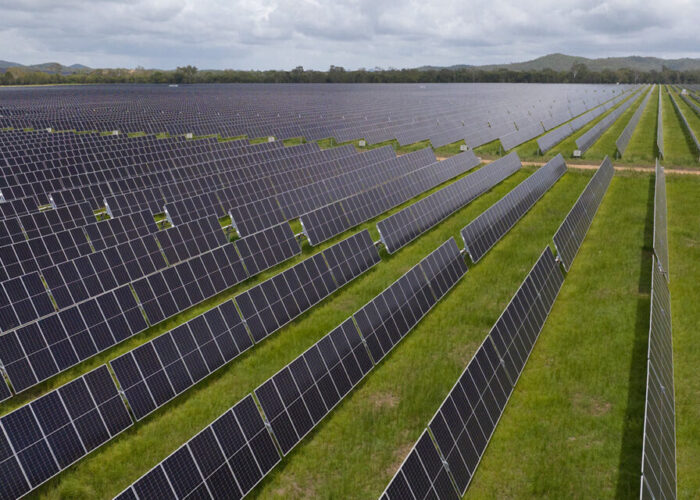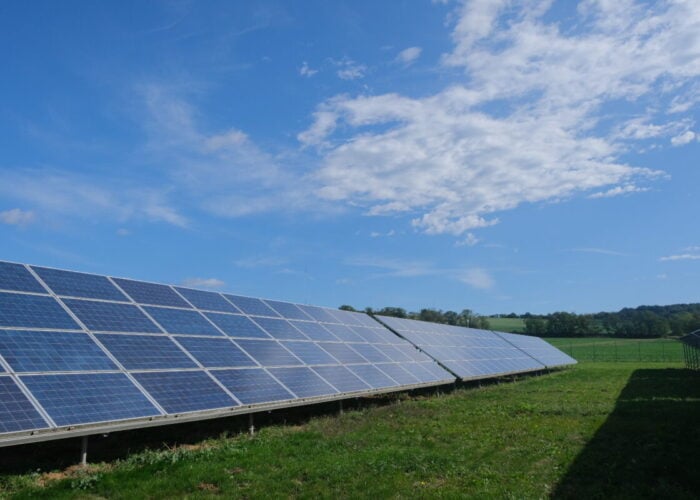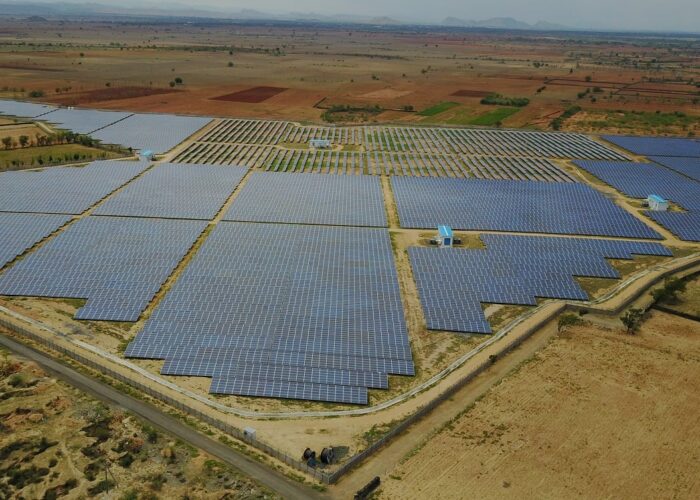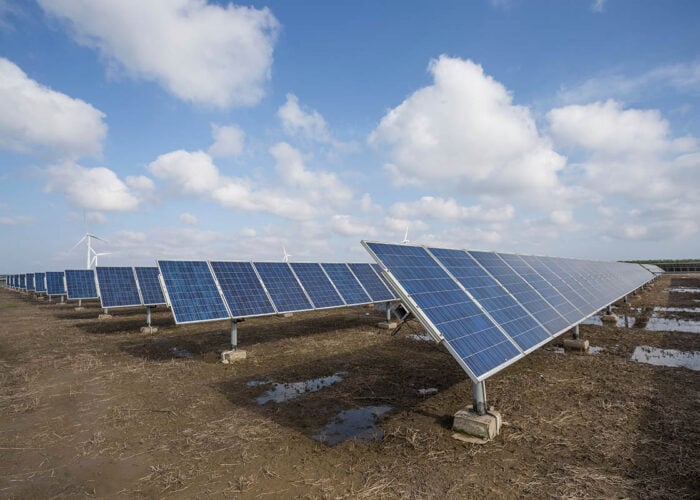The US government’s Overseas Private Investment Corporation (OPIC) is to finance a 20MW solar farm in Clarendon, Jamaica.
The project, owned by Content Solar and under development from Florida-based WRB Enterprises, has secured a US$47 million investment from OPIC under the US government’s Caribbean Energy Security Initiative.
Unlock unlimited access for 12 whole months of distinctive global analysis
Photovoltaics International is now included.
- Regular insight and analysis of the industry’s biggest developments
- In-depth interviews with the industry’s leading figures
- Unlimited digital access to the PV Tech Power journal catalogue
- Unlimited digital access to the Photovoltaics International journal catalogue
- Access to more than 1,000 technical papers
- Discounts on Solar Media’s portfolio of events, in-person and virtual
The initiative was launched by US vice president Joe Biden last year in order to support renewable energy projects in the Caribbean with Jamaica currently generating more than 90% of its electricity from imported oil.
WRB will be the first investor to develop a utility-scale solar plant in Jamaica and the company’s chairman and CEO Robert Blanchard said the project was “an important milestone not only for Jamaica, but the entire Caribbean”.
Blanchard inaugurated the project with the signing of an agreement alongside Jamaica’s minister of energy Philip Paulwell, US ambassador to Jamaica Luis G. Moreno and OPIC chief of staff John Morton.
“OPIC’s financing to WRB for Content Solar will both help the Jamaican people take an important step toward energy security and also show that Jamaica is a market where private investors can find opportunity for growth,” Morton said, adding: “I’m eager to build on our long, productive relationship with WRB to help show that renewable power is more than a positive environmental step, it makes sound business sense.”
Moreno added that US private investment in Jamaica’s renewable energy efforts is expected to US$150 million over the coming years, enabling projects that “wouldn’t be possible” without OPIC financing.






